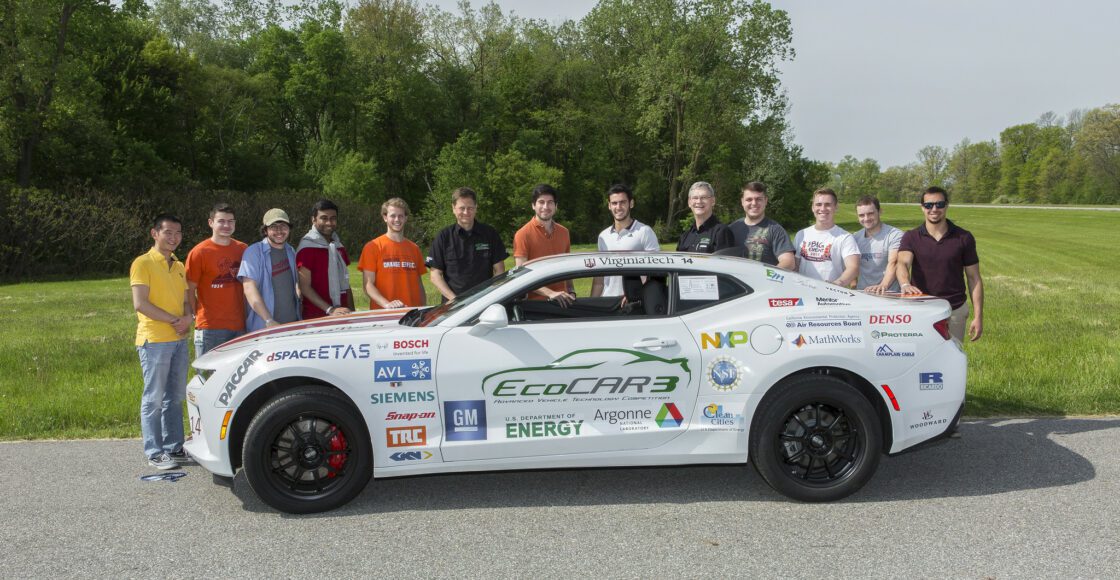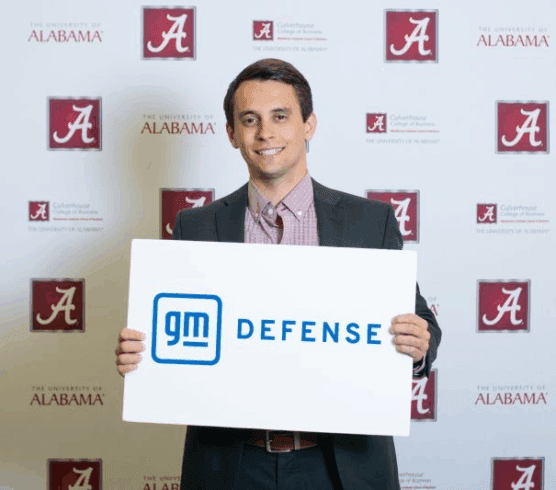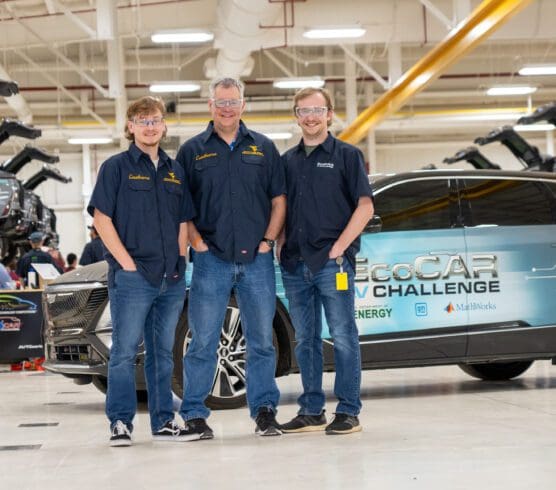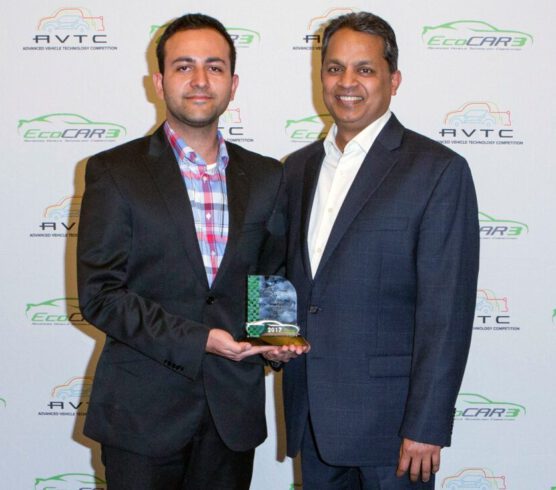Tyler Garrard, chief engineer at EcoMotors International (EMI), accredits much of his success to the professional experience gained through Advanced Vehicle Technology Competitions (AVTCs). Tyler’s engagement with the program started in 1996 at University of California, Davis (UCD).
After touring 15 different universities, Tyler was drawn to UCD’s mechanical engineering machine shop and decided to make it his home during his undergraduate career. He joined the FutureCar program after his freshman year, where he found good friends, professional guidance and plenty of opportunity to grow.
“Through the years you really get involved. It becomes your family. It’s the people you work with day in and day out. It is all of your social life. It is everything you can do in a day and basically at the end it was a full-time job,” Tyler said. He especially appreciated the essential hands-on experience students are given in multiple fields of car development and design that can be put into practice immediately upon entering the industry.
Throughout his career, Tyler has worked with Tilton Engineering, TWM Induction and EMI, where he currently works. Due to his skillset and impressive performance, he was able to move up very quickly at EMI.
“I was hired a dynamometer technician, which was the lowest entry-level position at the company, and within two weeks I was promoted to program manger,” said Tyler. “From there, I became the director of engineering and eventually the chief engineer of mechatronics as the company grew.”
Today, EMI creates a unique opposed-piston opposed-cylinder engine technology along with other products offering more power with less fuel. EMI is a sponsor of EcoCAR 3 and Tyler says that the students who come out of the program are ready to hit the ground running as professionals.
“It’s a really great resource to be able to pull from. When you’re in the industry, you’re looking for young engineering students that you can mentor and give direction to that perhaps aren’t already hardened from a typical engineer atmosphere,” he said.
The competition has changed to some extent since Tyler was a competitor, and he is constantly intrigued by the progressive strides the program is making.
“Today there is a lot more software simulation control development work that makes the vehicle more drivable. It is much more closely related to what’s actually going on in industry,” he said. Tyler strongly recommends students to engage in AVTCs due to its real-world simulated challenges that will give a leg up when competing with peers for a job position.
Learn more about Tyler and his experience in AVTCs here:




